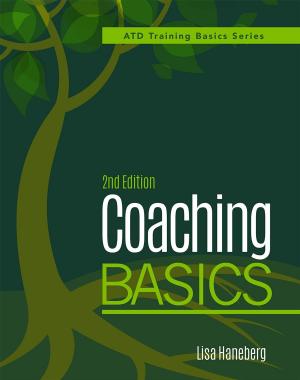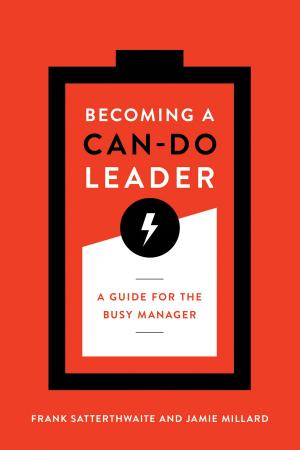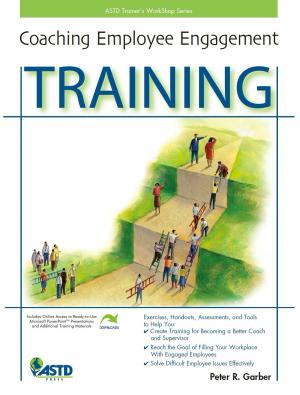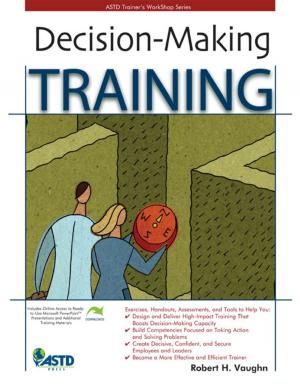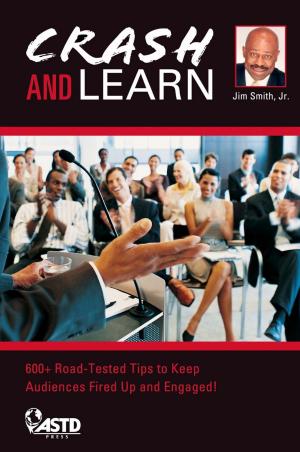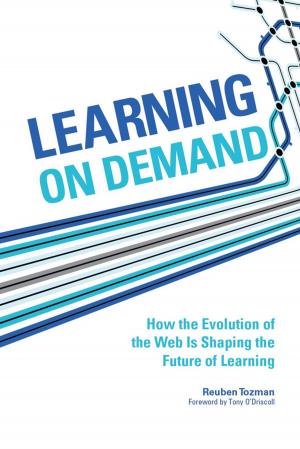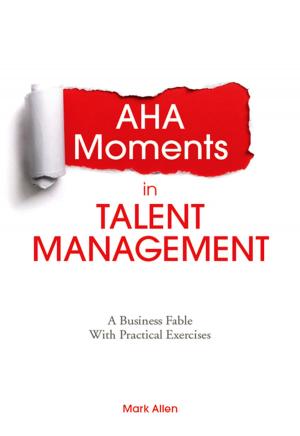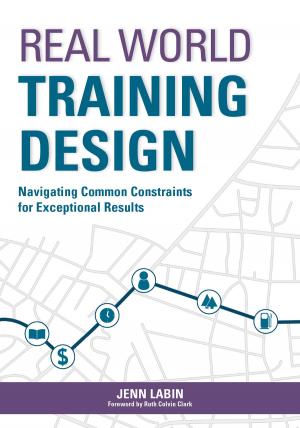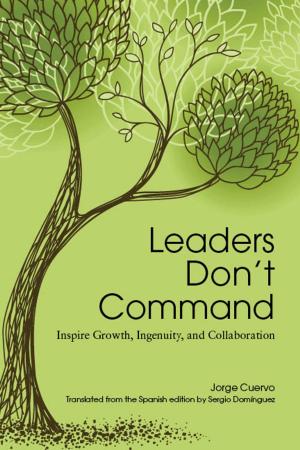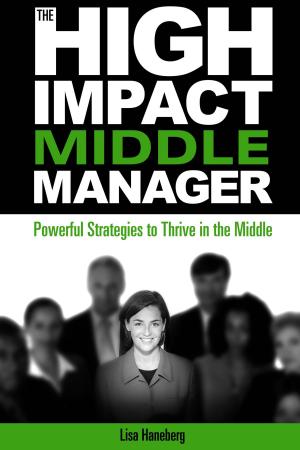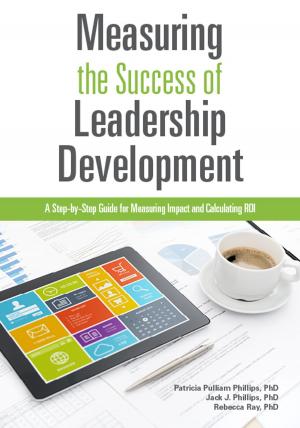Millennials, Goldfish & Other Training Misconceptions
Debunking Learning Myths and Superstitions
Business & Finance, Business Reference, Education, Human Resources & Personnel Management, Training| Author: | Clark N. Quinn | ISBN: | 9781947308381 |
| Publisher: | Association for Talent Development | Publication: | April 24, 2018 |
| Imprint: | Language: | English |
| Author: | Clark N. Quinn |
| ISBN: | 9781947308381 |
| Publisher: | Association for Talent Development |
| Publication: | April 24, 2018 |
| Imprint: | |
| Language: | English |
Can You Tell Learning Fact From Fiction?
“Training should be tailored to individual learning styles.” “We only use 10 percent of our brain.” “Multitasking is as simple and efficient as flipping a switch.”
Some myths and superstitions have their fervent believers. But unlike everyday misconceptions such as “Bats are blind” or “George Washington had wooden teeth,” these learning myths can cost you. Fortunately, trained skeptic Clark Quinn has once and for all laid them bare before the research and evidence.
Now, myth busting has never been easier. Millennials, Goldfish, & Other Training Misconceptions debunks more than 30 common assumptions of good learning design to help you avoid wasting time, resources, and goodwill on unproven practices. Drawing on cognitive psychology and brain science, Clark arms you with the ammo to challenge the claims you’re likely to hear from peers and co-workers.
Be a smart consumer, and stand behind the science of learning.
Can You Tell Learning Fact From Fiction?
“Training should be tailored to individual learning styles.” “We only use 10 percent of our brain.” “Multitasking is as simple and efficient as flipping a switch.”
Some myths and superstitions have their fervent believers. But unlike everyday misconceptions such as “Bats are blind” or “George Washington had wooden teeth,” these learning myths can cost you. Fortunately, trained skeptic Clark Quinn has once and for all laid them bare before the research and evidence.
Now, myth busting has never been easier. Millennials, Goldfish, & Other Training Misconceptions debunks more than 30 common assumptions of good learning design to help you avoid wasting time, resources, and goodwill on unproven practices. Drawing on cognitive psychology and brain science, Clark arms you with the ammo to challenge the claims you’re likely to hear from peers and co-workers.
Be a smart consumer, and stand behind the science of learning.

